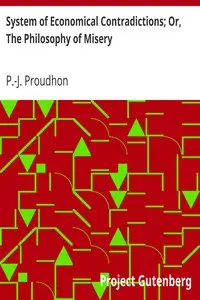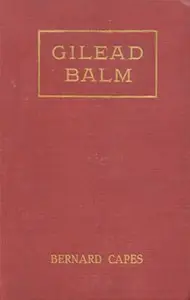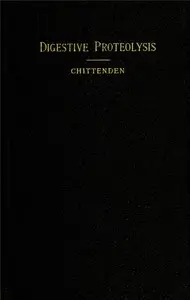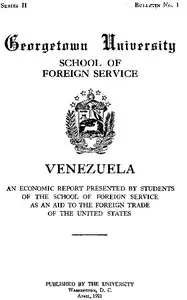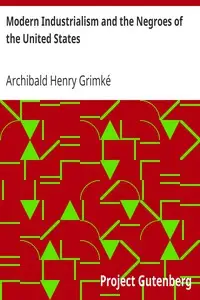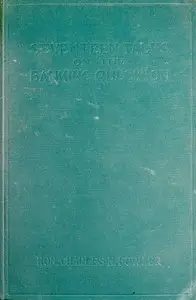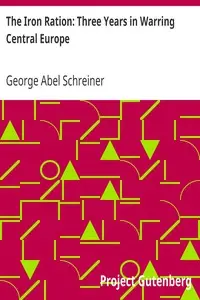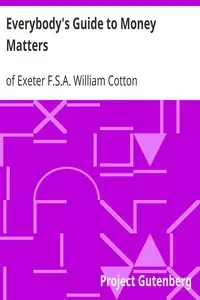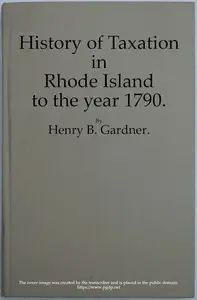"What is Property? An Inquiry into the Principle of Right and of Government" by P. J. Proudhon is a philosophical and political treatise written in the early 19th century. This seminal work challenges conventional notions of property, proposing radical ideas regarding equality and justice in society. Proudhon famously states, "Property is theft," suggesting that the institution of private property is fundamentally unjust and a source of societal inequality. At the start of the work, Proudhon introduces the central theme of his investigation: the nature of property and its implications for justice and governance. He first proposes that commonly accepted definitions of property, whether based on labor or law, fail to hold when subjected to rigorous analysis. By asserting that property is an effect without a cause, he calls into question the foundations of societal consent and legal structures surrounding ownership. Proudhon's method seeks to dissect these concepts, aiming to demonstrate that true justice and equality must replace existing legal and economic frameworks. The opening chapters promise a critical examination of entrenched societal beliefs, inviting readers to reconsider their views on property and the principles governing human interaction. (This is an automatically generated summary.)
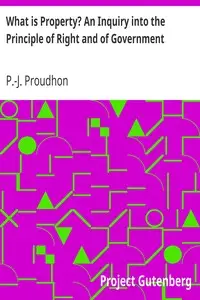
What is Property? An Inquiry into the Principle of Right and of Government
By P.-J. (Pierre-Joseph) Proudhon
"What is Property? An Inquiry into the Principle of Right and of Government" by P. J. Proudhon is a philosophical and political treatise written in th...
Pierre-Joseph Proudhon was a French anarchist, socialist, philosopher, and economist who founded mutualist philosophy and is considered by many to be the "father of anarchism". He was the first person to declare himself an anarchist, using that term, and is widely regarded as one of anarchism's most influential theorists. Proudhon became a member of the French Parliament after the Revolution of 1848, whereafter he referred to himself as a federalist. Proudhon described the liberty he pursued as the synthesis of community and individualism. Some consider his mutualism to be part of individualist anarchism while others regard it to be part of social anarchism.

